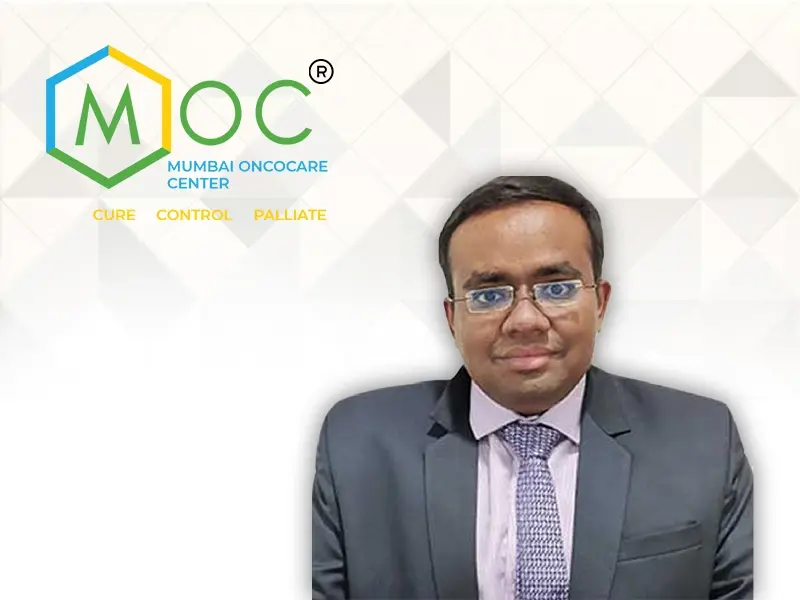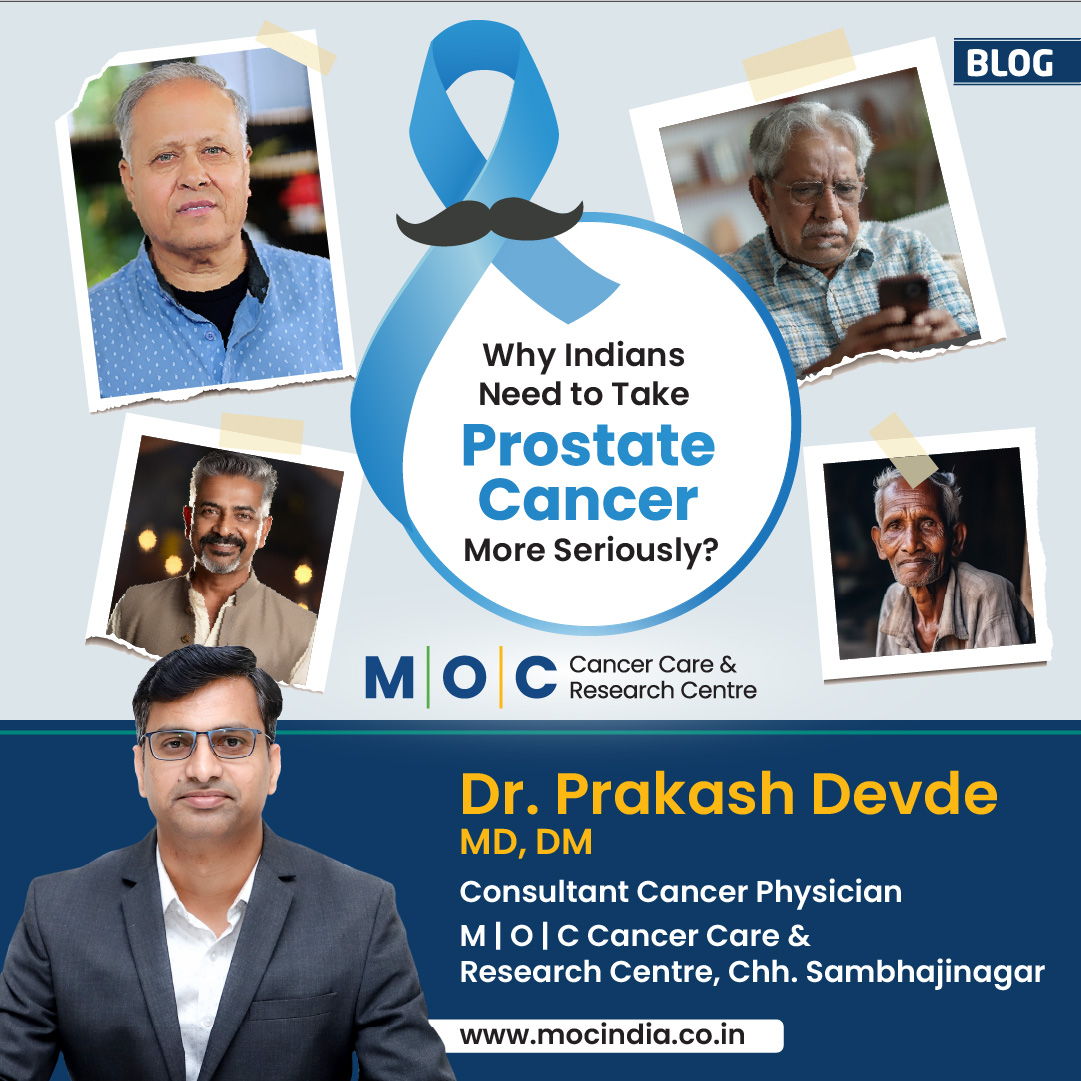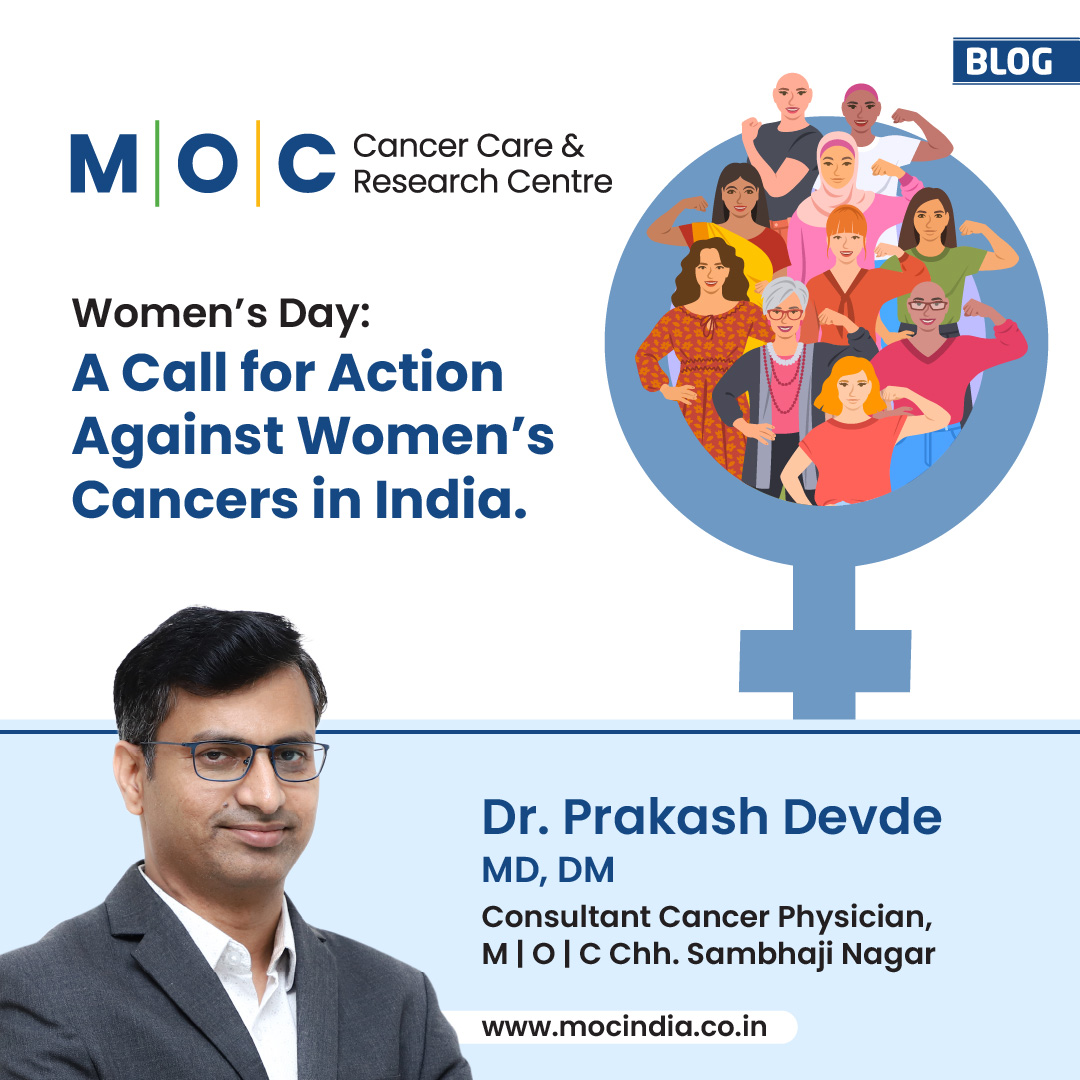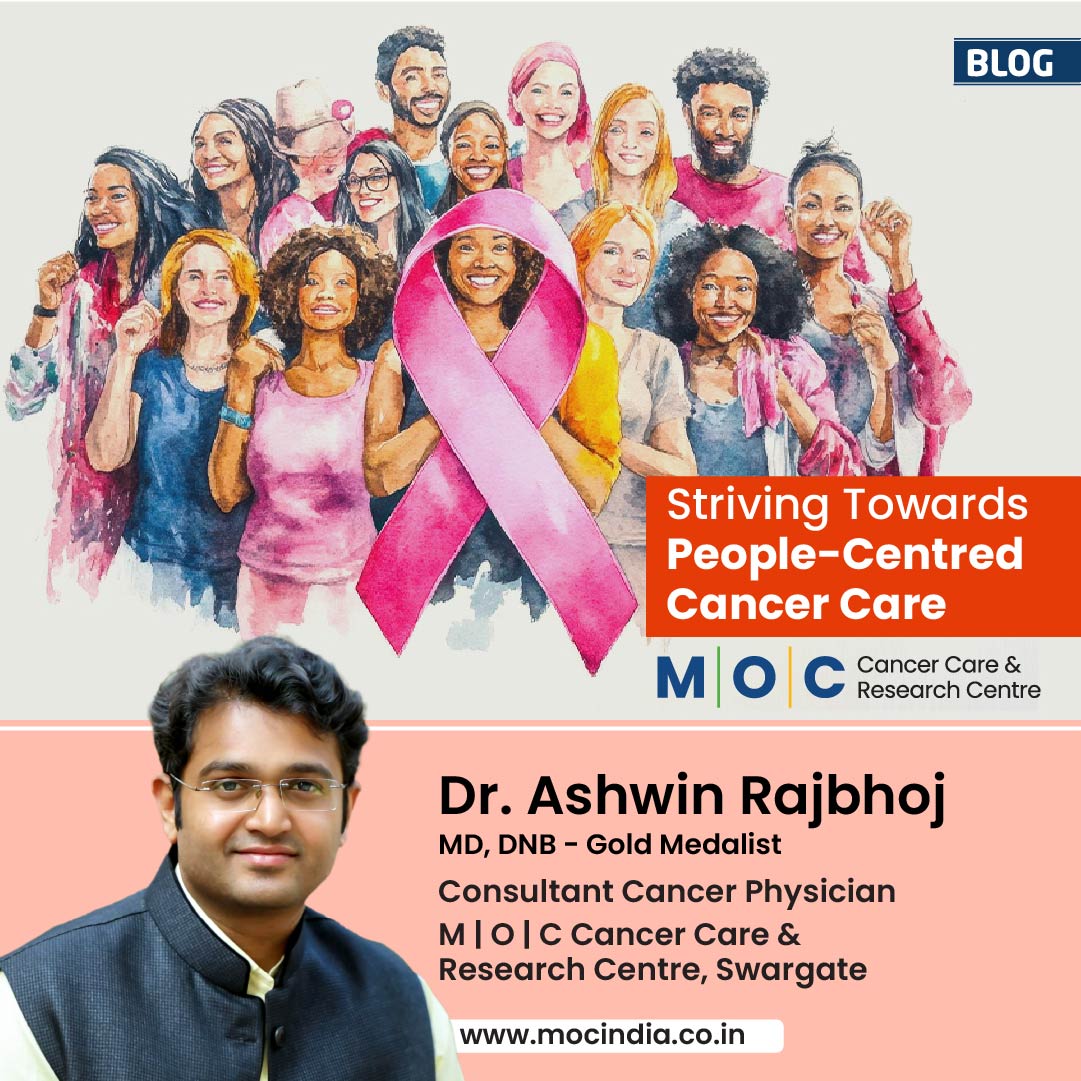Adapting Differential Cancer Treatment Strategies during Testing Times-Dr. Smit Sheth



A hardworking lady walked in to my OPD on a Friday evening, in one of the charitable hospitals that I am affiliated to. She was a small-time florist who used to sell flowers to make her daily living. She was residing alone in the city of Mumbai as her husband had passed away and all her relatives were based in southern part of India. She could barely speak Hindi. I was in a dilemma whether she could understand my narration properly as she was only nodding in agreement to everything that I was speaking to her.
She was accompanied by a well-wisher. She complained of a swelling in her right breast, The swelling was persistent for over 6 months but she came to report it only after it started causing her pain and discomfort.
After doing her clinical examination, my worst fear came true. The mass felt was suspicious for a cancer. I advised her to do the relevant investigations and asked to meet me again with reports. Her major concern was the catastrophic financial burden of cancer treatment that she had heard of from relatives and people. I assured her that I will try to help her as much as possible.
In the subsequent consultation, after evaluating her reports, I was relieved to understand that she had localized breast cancer which could be cured with appropriate and timely treatment. She agreed to receive her 1st cycle of chemotherapy at our daycare center. Her treatment was funded by MOC Cancer Care Foundation as she was from lower economic strata and had no other source of income.
She was due for her 2nd cycle of chemotherapy in the last week of March 2020, when unfortunately, the nationwide lockdown was announced to contain the spread of coronavirus. During the first week of lockdown, both she and me were anxious for different reasons. She was worried about when will her treatment reinitiate and I was worried thinking of what would happen if she gets infected with COVID-19 while on treatment.
Then, it struck me that her tumour was strong ER & PR positive. ER/PR positive tumours are known to respond to hormonal class of drugs which are available in a tablet form and can be consumed at home. This was a win-win situation for both of us as her disease could be controlled with a simple tablet which has very few side effects and at the same time does not suppress immunity of the patient. These tablets could allow her to stay home and maintain social distancing till the time the crisis due to pandemic settles. After explaining to her about this, she was convinced and started on the hormonal tablet.
Presently, 9 weeks into lockdown; she is doing well and her disease is well controlled.
This type of approach of using hormonal agents in place of chemotherapy is not new in breast cancer management. Neo-adjuvant hormonal therapy [using hormonal treatment before surgery] is one of the treatment options for elderly and frail patients who would not tolerate the side effects of chemotherapy.
The message which I want to convey to all of you is that, we as consultants can resort to alternate treatment protocols, as mandated by the circumstances. But this requires active discussion with patients and / or their relatives to establish the goals of treatment and care.
Dr. Smit Sheth
Consultant Medical Oncologist
Mumbai Oncocare Centre
drsmitsheth@mocindia.co.in
7400424333/022-25301090
Latest Blogs
-
![Why Indians Need to Take Prostate Cancer More Seriously? An Oncologist's Opinion]()

- 20th Mar, 2025
- Why Indians Need to Take Prostate Cancer More Seriously? An Oncologist's Opinion
-
![Women’s Day: A Call for Action Against Women’s Cancers in India.]()

- 10th Mar, 2025
- Women’s Day: A Call for Action Against Women’s Cancers in India.
-
![A Unique Perspective on Women and Cancer- A Food for Thought]()
.jpg)
- 3rd Mar, 2025
- A Unique Perspective on Women and Cancer- A Food for Thought
-
![Bridging Hope and Equity for Young Warriors this International Childhood Cancer Day]()
.jpg)
- 18th Feb, 2025
- Bridging Hope and Equity for Young Warriors this International Childhood Cancer Day
-
![World Cancer Day 2025: United by Unique, Empowered by Hope.]()

- 5th Feb, 2025
- World Cancer Day 2025: United by Unique, Empowered by Hope.
-
![Striving Towards People-Centred Cancer Care]()

- 3rd Feb, 2025
- Striving Towards People-Centred Cancer Care
Book Your Appointment








